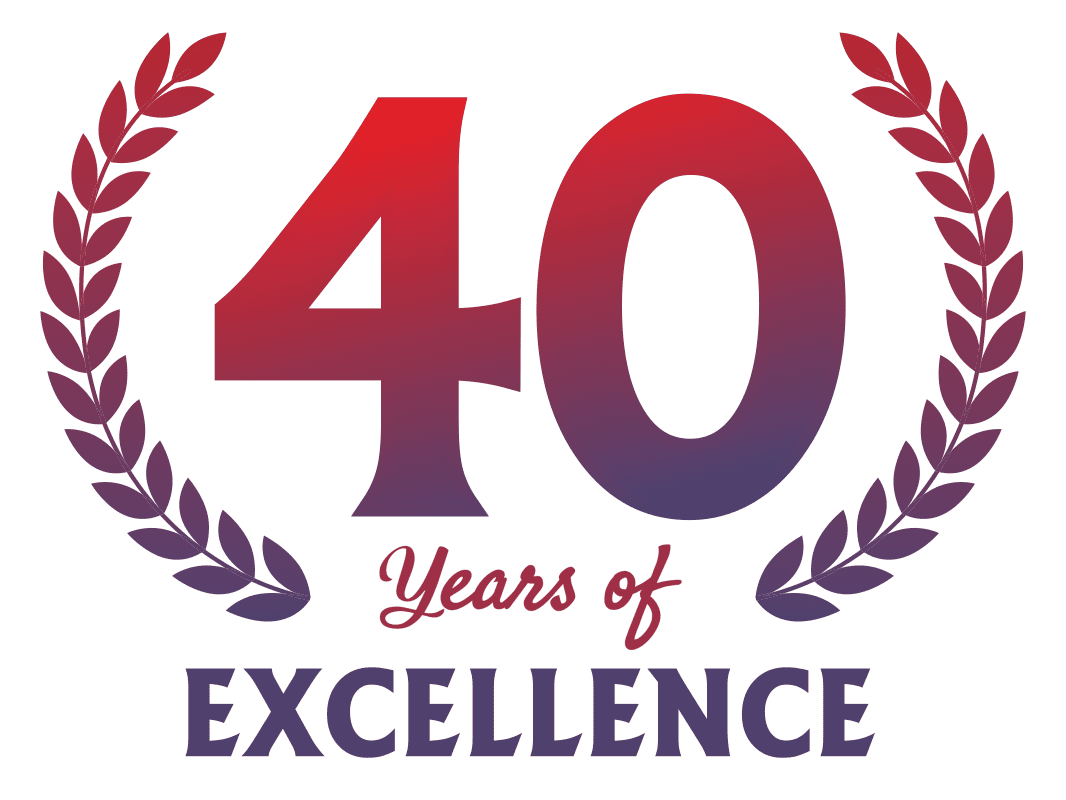Dr. Suresh Kumar Madhusudhanan
The recent cascade of layoffs at Tata Consultancy Services (TCS) involving approximately 12,000 jobs, 2% of its global headcount has sent ripples through India’s corporate ecosystem. Amid speculation linking the cuts to automation and AI, CEO K. Krithivasan has clarified that the decision was driven by skill mismatches and deployment challenges, not by AI replacing human workers. This marks perhaps the most significant restructuring event in TCS’s history, and underscores a critical reality, technical credentials alone are no longer enough in a rapidly evolving digital economy. Despite training over 550,000 associates in foundational AI skills and 100,000 in advanced technical domains, many senior professionals could not transition to new project models. This mismatch reflects a structural shift, firms are now requiring agile, tech-savvy competencies across levels, not just at the entry tier.
For India to convert its demographic advantage, over 65% of its population under 35 into a transformative force, reskilling and upskilling must become national imperatives. Education and employability must co-evolve. Conventional degrees are no longer sufficient, adaptability, creativity, digital fluency and lifelong learning mindset are the new hallmarks of employable talent.
The Role of Inclusive Education
Talent must be cultivated from all segments of society. At the Jio Institute’s recent Principals’ Conclave, Ms. Aditi Avasthi Surri, founder & CEO of Embibe, shared a striking example of inclusion 120 of her 150-member creative team are differently abled demonstrating how inclusive hiring both empowers underrepresented groups and fuels innovation.
Integrating international frameworks, such as the International Baccalaureate (IB), with Indian educational systems has enabled students to enter premier institutions like IITs and IIMs. This hybrid model nurtures critical thinking, global perspective and adaptability qualities essential in the knowledge-driven global economy. Equally important is educating parents and communities. With disruptive innovations reshaping traditional career paths, families must be informed partners in guiding students toward emergent fields beyond conventional professions. Experts at Golden Sparrow Education emphasize that classroom teaching must evolve. Educators are now mentors, facilitators and curriculum innovators, not just lecturers. Ongoing professional development is essential to equip them to mentor a new generation of creative, analytical and digitally fluent learners.
India’s National Education Policy (NEP) 2020, represents a paradigm shift toward inclusive, skill-centric and multilingual education. It introduces vocational training beginning in Grade 6, flexible subject combinations and platforms like PM SHRI schools, SWAYAM, DIKSHA and NDEAR, aligning academic learning with employable skills and national development goals. SWAYAM alone has registered over 1.2 crore unique users and conducted more than 4 crore course enrolments, while its virtual labs and digital repositories bridge urban-rural divides in education access. NEP 2025 further elevates these goals targeting 100% Gross Enrolment Ratio in school education by 2030, seamlessly aligning learning pathways with future workforce needs and reinforcing India’s vision to become a global knowledge hub by 2047.
Emerging technologies like Generative AI, Augmented Reality (AR) and Virtual Reality (VR) are redefining how education is delivered. Personalized learning pathways, immersive simulations and adaptive content resonate with diverse learning styles and democratize high quality education across geographies.
Building the Future-Ready Workforce
India stands at a juncture where its youth bulge can either become a global asset or a liability. To actualize this potential, the ecosystem must embed skills like AI literacy, digital fluency, emotional intelligence, critical reasoning and design thinking at every stage of education and training.
The world is grappling with acute talent shortages in sectors such as healthcare, renewable energy, edtech and advanced manufacturing. India is uniquely positioned to fill this gap and become the Skilling Capital of the World, in alignment with the vision of Viksit Bharat @2047.
This transformational journey hinges on collaboration among government, academia, industry, and civil society. We must invest in teacher training, expand digital infrastructure, reform curricula for 21stcentury skills and enact inclusive policies that uplift marginalized communities. Only when these pillars converge can India shift from being workforce rich to skill dominant and truly become the world’s most skilled and future-ready nation by 2047.
The recent cascade of layoffs at Tata Consultancy Services (TCS) involving approximately 12,000 jobs, 2% of its global headcount has sent ripples through India’s corporate ecosystem. Amid speculation linking the cuts to automation and AI, CEO K. Krithivasan has clarified that the decision was driven by skill mismatches and deployment challenges, not by AI replacing human workers. This marks perhaps the most significant restructuring event in TCS’s history, and underscores a critical reality, technical credentials alone are no longer enough in a rapidly evolving digital economy. Despite training over 550,000 associates in foundational AI skills and 100,000 in advanced technical domains, many senior professionals could not transition to new project models. This mismatch reflects a structural shift, firms are now requiring agile, tech-savvy competencies across levels, not just at the entry tier.
For India to convert its demographic advantage, over 65% of its population under 35 into a transformative force, reskilling and upskilling must become national imperatives. Education and employability must co-evolve. Conventional degrees are no longer sufficient, adaptability, creativity, digital fluency and lifelong learning mindset are the new hallmarks of employable talent.
The Role of Inclusive Education
Talent must be cultivated from all segments of society. At the Jio Institute’s recent Principals’ Conclave, Ms. Aditi Avasthi Surri, founder & CEO of Embibe, shared a striking example of inclusion 120 of her 150-member creative team are differently abled demonstrating how inclusive hiring both empowers underrepresented groups and fuels innovation.
Integrating international frameworks, such as the International Baccalaureate (IB), with Indian educational systems has enabled students to enter premier institutions like IITs and IIMs. This hybrid model nurtures critical thinking, global perspective and adaptability qualities essential in the knowledge-driven global economy. Equally important is educating parents and communities. With disruptive innovations reshaping traditional career paths, families must be informed partners in guiding students toward emergent fields beyond conventional professions. Experts at Golden Sparrow Education emphasize that classroom teaching must evolve. Educators are now mentors, facilitators and curriculum innovators, not just lecturers. Ongoing professional development is essential to equip them to mentor a new generation of creative, analytical and digitally fluent learners.
India’s National Education Policy (NEP) 2020, represents a paradigm shift toward inclusive, skill-centric and multilingual education. It introduces vocational training beginning in Grade 6, flexible subject combinations and platforms like PM SHRI schools, SWAYAM, DIKSHA and NDEAR, aligning academic learning with employable skills and national development goals. SWAYAM alone has registered over 1.2 crore unique users and conducted more than 4 crore course enrolments, while its virtual labs and digital repositories bridge urban-rural divides in education access. NEP 2025 further elevates these goals targeting 100% Gross Enrolment Ratio in school education by 2030, seamlessly aligning learning pathways with future workforce needs and reinforcing India’s vision to become a global knowledge hub by 2047.
Emerging technologies like Generative AI, Augmented Reality (AR) and Virtual Reality (VR) are redefining how education is delivered. Personalized learning pathways, immersive simulations and adaptive content resonate with diverse learning styles and democratize high quality education across geographies.
Building the Future-Ready Workforce
India stands at a juncture where its youth bulge can either become a global asset or a liability. To actualize this potential, the ecosystem must embed skills like AI literacy, digital fluency, emotional intelligence, critical reasoning and design thinking at every stage of education and training.
The world is grappling with acute talent shortages in sectors such as healthcare, renewable energy, edtech and advanced manufacturing. India is uniquely positioned to fill this gap and become the Skilling Capital of the World, in alignment with the vision of Viksit Bharat @2047.
This transformational journey hinges on collaboration among government, academia, industry, and civil society. We must invest in teacher training, expand digital infrastructure, reform curricula for 21stcentury skills and enact inclusive policies that uplift marginalized communities. Only when these pillars converge can India shift from being workforce rich to skill dominant and truly become the world’s most skilled and future-ready nation by 2047.
The author is the Chairman and Managing Director of Seagull International Group, a leading Talent Acquisition Company and Secretary General of Indo Gulf & Middle East Chamber of Commerce (INMECC)



